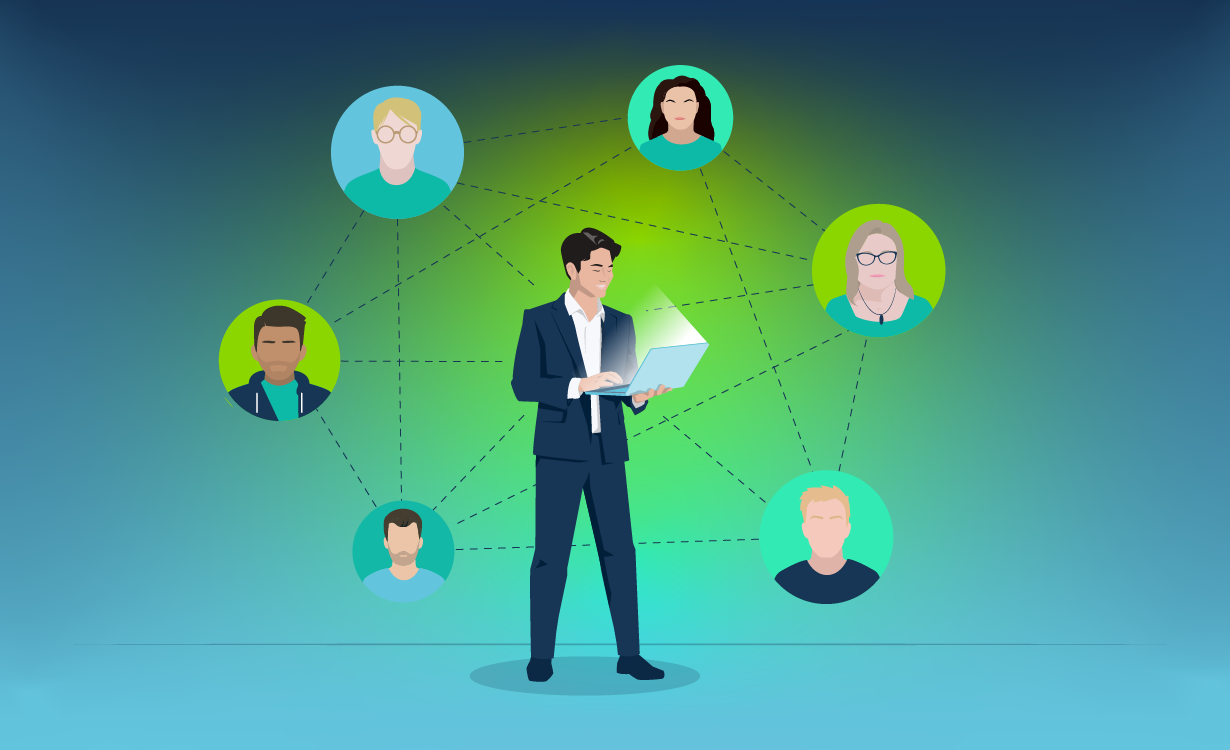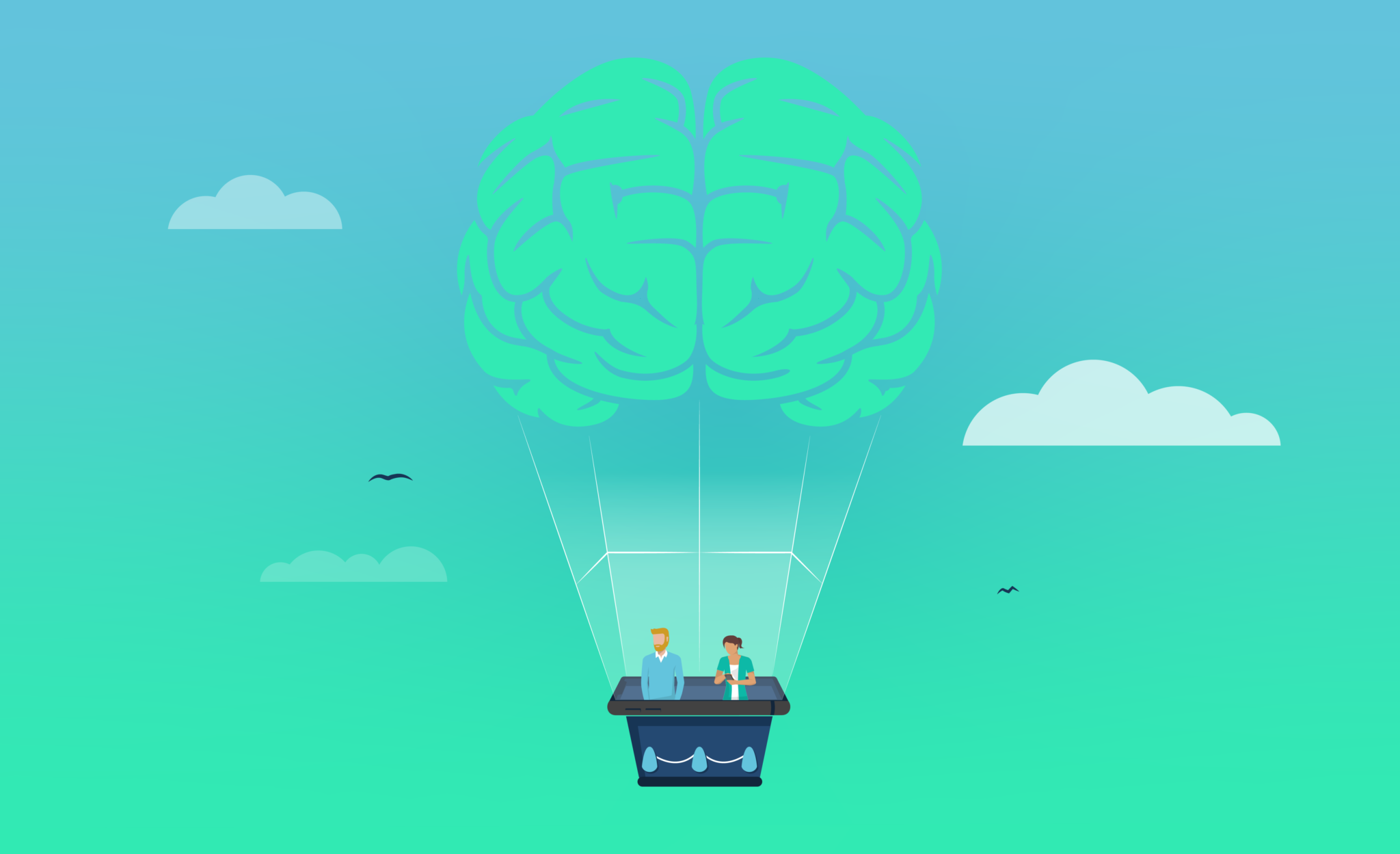Mental health is important at every stage of life. This is true on both an individual and an organisational level. Indeed, organisations that fail to safeguard their employee’s mental wellbeing often face drastic consequences. But what role can online learning play in helping to improve your team’s mental health and wellbeing?
Within the last few years, mental health worldwide has taken a turn for the worse. Indeed, mental health and behavioural problems such as anxiety and depression are now the top causes of disability worldwide.
Furthermore, approximately one in six people experience mental health issues each week.
Luckily, there’s a lot that you can do to help improve your wellbeing and the wellbeing of your team. For instance, learning is great for improving cognitive skills and brain connectivity. And this process becomes even easier when online learning enters the picture.
In this article, we’ll take you through various online learning features that help to improve your mental health. We’ll also run through the science behind why it’s so effective. Let’s go!
What is Mental Health?
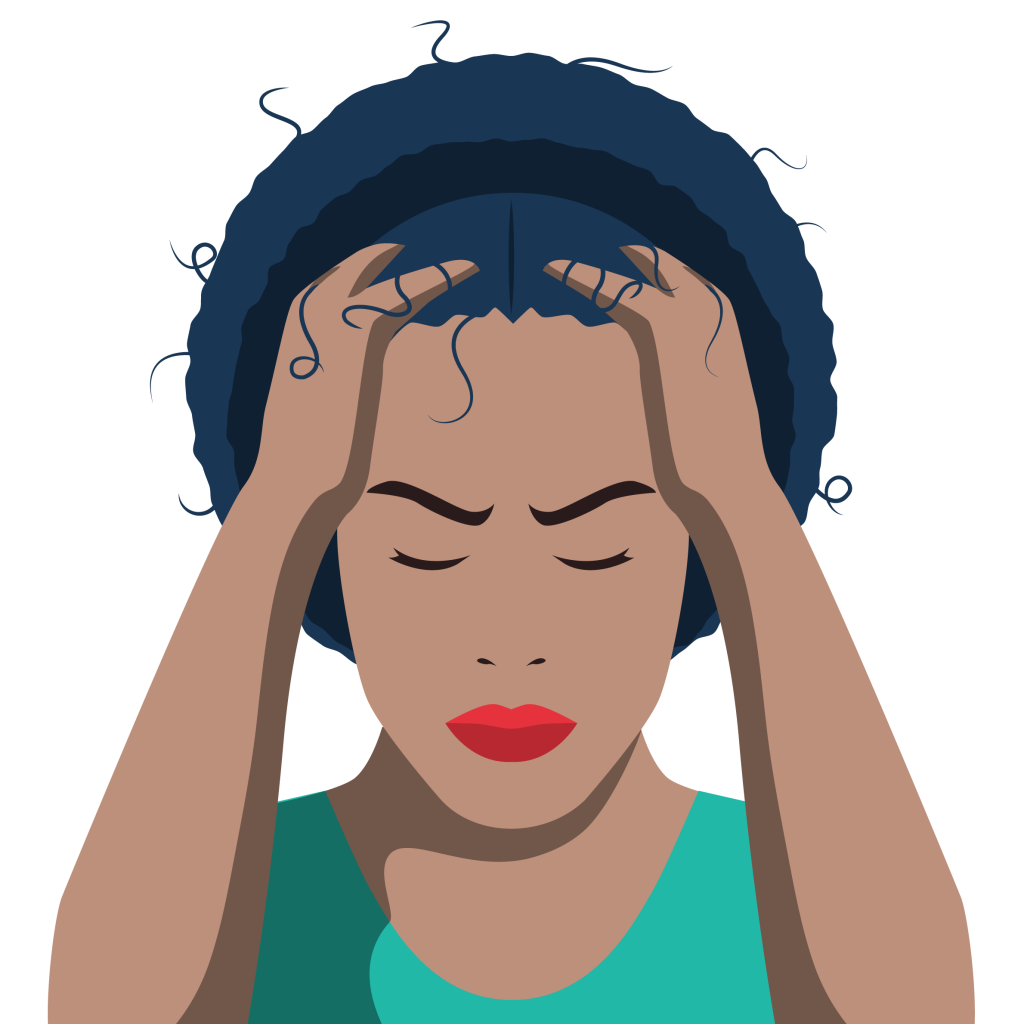
Everybody has mental health. Just like physical health, it’s better on some days and worse on others. It fluctuates, and sometimes for reasons beyond your control, it deteriorates. A decline in mental health can lead to issues such as anxiety or depression or less common disorders like schizophrenia.
Unfortunately, mental health remains stigmatised and difficult for people to discuss. We lose over 200 million workdays due to mental health conditions each year, totalling $16.8 billion in employee productivity. Therefore, employers need to encourage open discussions about mental health and provide support.
Mental health issues can affect up to one in four people each year. While this is already a cause for concern, the mental health crisis is only growing. The COVID-19 pandemic caused issues like extra stress and financial troubles, not to mention individuals grieving their loved ones.
The cause of poor mental health varies as we all lead different lives. But what happens in our brains remains the same. For example, faulty limbic systems in the brain have been linked to depression. They’re largely responsible for mood regulation and include regions such as the hippocampus.
Thus, a popular treatment is the use of antidepressants. These selective serotonin reuptake inhibitors (SSRIs) increase the presence of the neurotransmitter, serotonin, in the brain.
A neurotransmitter is what people call the body’s chemical messengers. They help nerve cells to communicate with each other and are important for keeping your brain functioning like a well-oiled machine.
They also serve psychological functions, like helping you learn and control your emotions. The total number of neurotransmitters the brain has is unknown, but we do know that there are over 100 of them!
Engaging in online learning can have an effect on these neurotransmitters, which then has an effect on your mental health. But how? Let’s take a look!
The Science Behind Online Learning
There are four main neurotransmitters that are released as part of a good online learning process. They are:
Serotonin
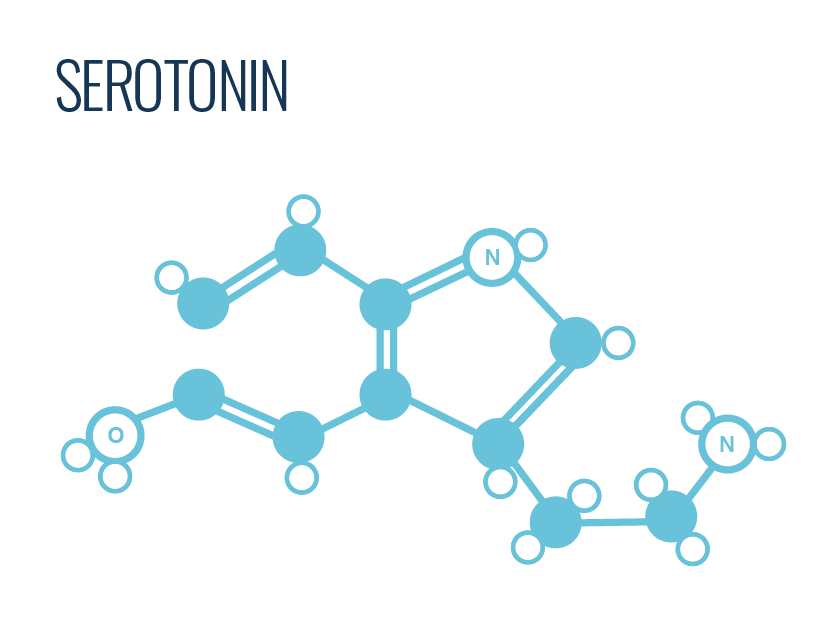
Serotonin is a neurotransmitter that has a major impact on your mental health. It’s responsible for regulating a person’s mood, sleep, digestion, learning, memory and more.
As such, it’s a key player when it comes to online learning. Studies have linked serotonin to neuroplasticity, which is the brain’s ability to adapt throughout a human’s lifespan in order to preserve cognitive function.
Serotonin also helps with the formation of new memories. This means it plays an important role when it comes to memory retention.
Serotonin is released when remembering past successes. On a learning management system (LMS), you can make use of gamification to encourage this.
Gartner defines gamification as ‘the use of game mechanics and experience design to digitally engage and motivate people to achieve their goals.’
You can call attention to a learner’s success by rewarding their actions with XP and Badges. For example, learners could earn special ‘Achievement’ Badges for completing content, or participating in social streams.
Game mechanics in online learning are a surefire way to increase serotonin levels in the brain, thus leading to benefits for your mental health.
Dopamine
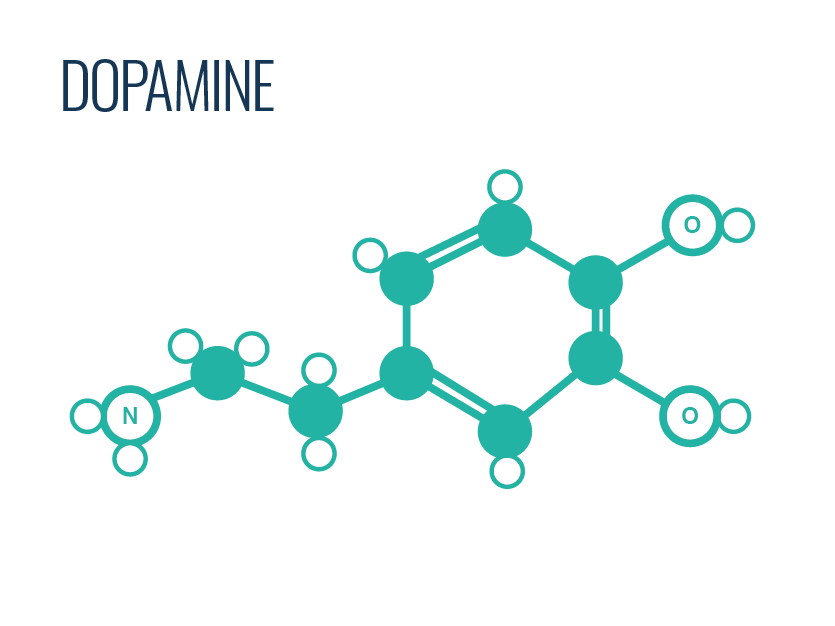
This is another type of neurotransmitter. It sends messages between your brain cells and whenever the brain released it, it makes you feel good. As such, people often call it the ‘pleasure chemical.’
Dopamine is released when positive experiences occur. For example, eating your favourite food, going for a sunny walk or earning rewards on an LMS!
Once again, let’s say you earn a Badge for completing an action or an Achievement for passing an exam. Your brain now associates pleasure with rewards won during learning, so you start to crave that feeling again. This increases your intrinsic motivation and keeps you coming back to learn more.
Now your online learning experience is associated with pleasure and being positive for your mental health!
Dopamine release is also triggered when we receive social validation. For instance, we get a dopamine spike whenever we receive a ‘Like’ on our social media posts.
On Growth Engineering Learning App, we incorporate a variety of social feeds to help facilitate knowledge sharing. You can post updates about your learning, and any rewards you earn are automatically posted here.
As a result, when your peers get involved, it not only stimulates engagement but further increases your positive emotions about learning.
Oxytocin
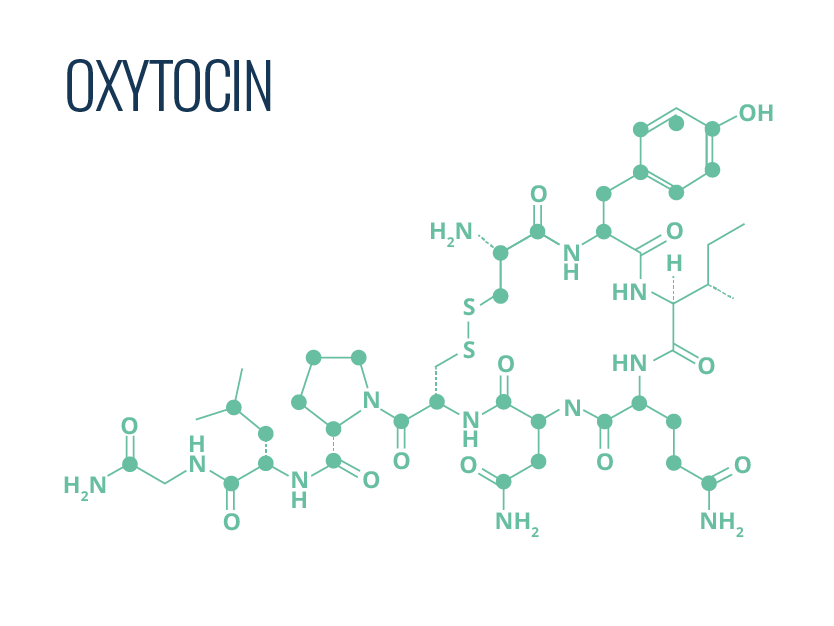
Next up we have oxytocin. People have nicknamed this neurotransmitter the ‘love hormone’. That’s because it’s famous for creating feelings of trust and helping to build relationships.
You know that warm feeling you get when you hug someone? That’s down to the release of oxytocin!
When engaging in online learning, we place our trust in a variety of different learning professionals. These are typically instructional designers, L&D practitioners and platform admins.
It’s important that you trust these individuals to provide a comprehensive training programme. An organisation with high levels of trust can result in a 50% increase in productivity and a 6x increase in engagement!
It also helps if you’ve built a knowledge-sharing culture, as employees are more likely to be open with each other across your learning platforms. This will trigger the release of oxytocin, which can have a beneficial impact on your overall mental health.
Endorphins
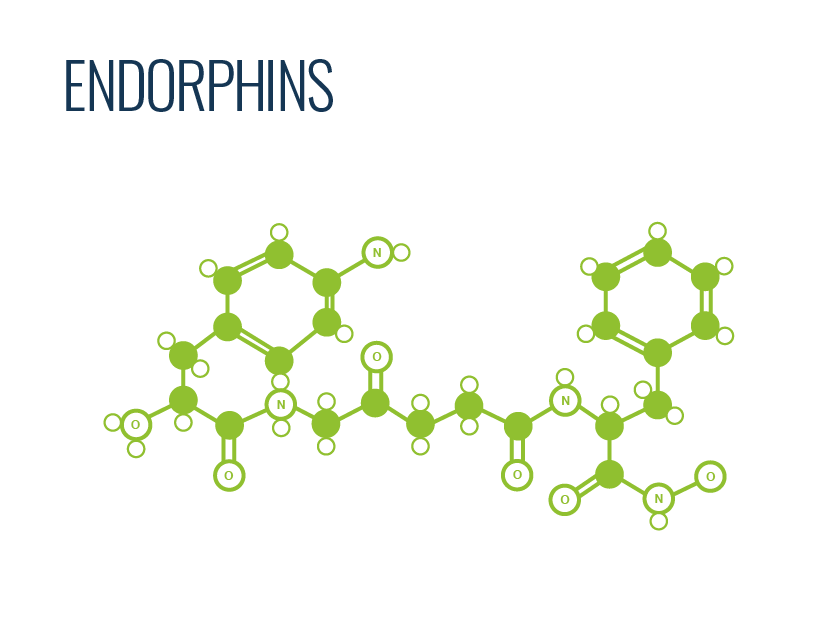
The last neurotransmitter we’ll focus on is called an endorphin. Endorphins are produced by your nervous system with the aim of reducing pain and stress. Consequently, people often call them the ‘feel-good hormone’.
There’s a number of ways you can trigger endorphins. For example, getting a good workout in at the gym, laughing at a great joke with your friends and of course — online learning!
When you finish a module on your LMS, interact with a peer, or finish an assessment, endorphins are released. These endorphins make you feel happy and more relaxed.
This is handy, as research shows that we learn better when we’re happy. In fact, one study of nearly 1,000 participants showed that those with higher levels of positive emotions had less memory decline over time.
Endorphins are also released when you feel a sense of familiarity. That’s why you should always design your learning platforms and content in line with your brand guidelines. That way your learning environment will feel that much more welcoming to your audience.
Let’s take a look at a few more online learning features that further support your mental health.
What Online Learning Features Help with Mental Health?
Online Libraries

In a survey of over 2,000 people, 56% of managers said they want to do more to support the mental health of their staff. However, they’re hindered by a lack of knowledge and training. With an online learning library, managers will have access to training on the best ways to aid their employees with their mental health.
On an LMS, you’re able to create a resource library full of topics. These topics can be work-related, but also include content relating to mental health issues to help drive awareness and understanding. It can also range from content for managers aiming to support their staff or employees looking for advice.
With Growth Engineering Authoring Tool, you can quickly design training content for your audience. Why not create a high impact microunit with tips to improve mental health and reduce stress?
Subject Matter Experts
It’s reassuring for employees to know that there’s someone they can talk to if they need help with their mental health. On an LMS, you’re able to assign people as subject matter experts (SMEs). These are people with specialist knowledge on a topic.
You could hire professional therapists and set them up with a profile on your platform. As a result, your employees have access to certified healthcare professionals. You could even assign other employees as SMEs if they have experience dealing with mental health issues themselves and are willing to share their advice.
Either way, employees will have people to turn to when they need help or simply someone to talk to. Social support has physical and psychological advantages for people experiencing stress. Studies show that not only is social support important, but the belief that such support exists is just as vital.
This support is a safety net for your learners. They may not always need it, but having it there provides a welcome boost.
Gamification Features
Knowledge Battles
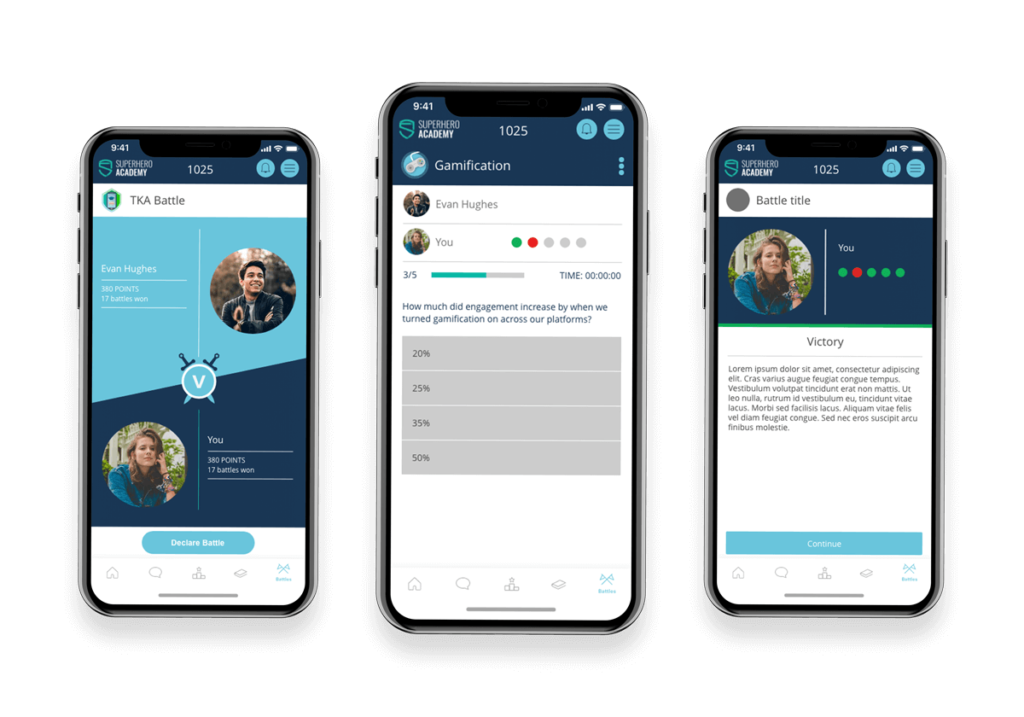
Battles pit learners against each other to see who can answer the most questions correctly. They’re a great way to reinforce knowledge and appeal to your learners’ competitive nature!
In a recent study, researchers discovered that cyclists actually cycle faster when in a group than alone. Everyone wants to be a winner! This shows there is a clear link between competition, increased motivation and better performance.
However, it’s vital to remember that competition in online learning can negatively impact your mental health. A bit of friendly competition is great for extrinsic motivation, but if someone consistently loses it can damage their wellbeing. So remind learners that it’s all just good fun!
Experience Points
Experience Points (XP) are great for making ordinary actions more exciting. And more fun results in the increased release of neurotransmitters! This helps to encourage your audience to return to their learning environments again and again.
Leaderboards
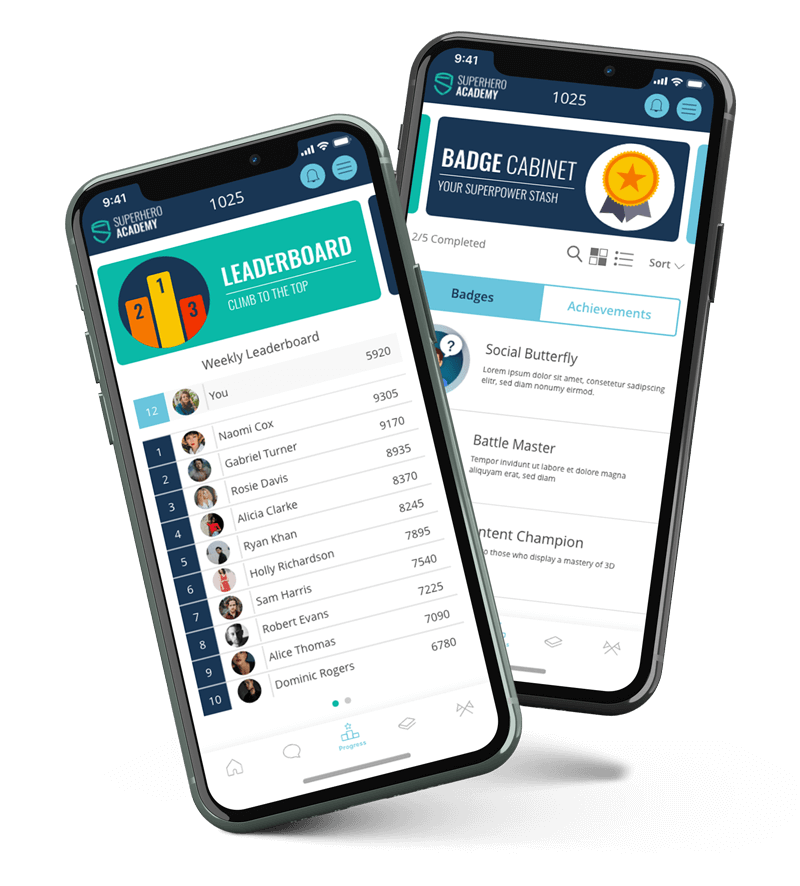
Leaderboards display your learning platform’s top performers. They often display those with most XP won, or most Badges won.
Social Comparison Theory tells us that learners understand their abilities more if they’re able to see how they differ from others. Leaderboards provide a way for this comparison to be made.
Therefore, the more they learn online and climb up the leaderboard, the more assured they’ll be in their abilities. This confidence can help to improve mental health.
Leaderboards also appeal to learners’ intrinsic and extrinsic motivations. Intrinsic motivations refer to things like a sense of purpose. Extrinsic motivations refer to external rewards such as XP and praise. This combination creates a potent formula for effortless learner engagement.
Social Learning Features
A sense of community and belonging can do wonders for your mental health. In fact, a Harvard study following people for nearly 80 years, found that those with stronger social connections were the healthiest and happiest.
With social learning features on an online learning solution, you can reap the same benefits!
Social Feeds
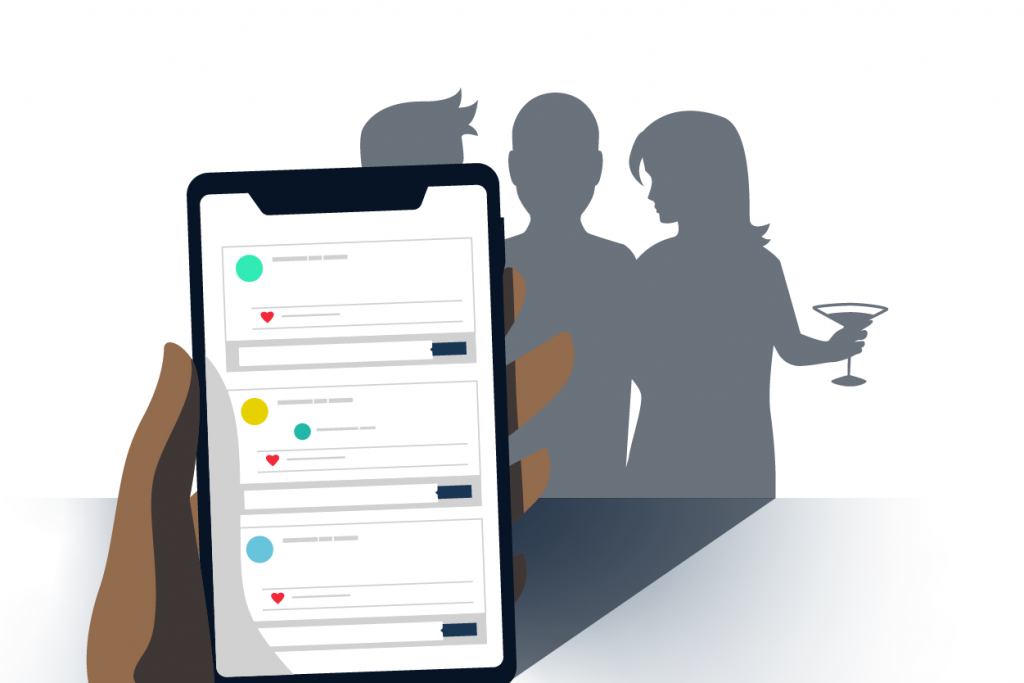
A social feed allows you to get real time updates from your peers. Learners are able to post whatever they like, whether this be their own insights, achievements or questions. Other learners can then ‘Like’, comment and reply to these posts.
The posts with the most engagement remain at the top of the social feed. In addition, features like instant translation break barriers so learners can still communicate with each other, regardless of the language they speak.
Our clients have seen great engagement across their social feeds. For instance, a Fortune 500 cosmetics company uses our mobile app for their social learning initiative. Their 3,000+ end-users have been extremely active:
- Learners have left over 12 million comments on their social feed.
- In addition, they have liked posts nearly 50 million times.
- And, on average, there are 90,000+ social engagements on the platform every day.
Social feeds are an amazing way to remain in the loop when learning online. This helps to release beneficial neurotransmitters that improve your overall wellbeing.
Live Chat
This instant messaging tool allows learners to communicate with anyone they need to in a few short seconds.
When you’re struggling, it can be hard to reach out for help. Live Chat makes this incredibly easy. You can search for the colleague you’re looking for and reach out for support as necessary.
Asking for help works to improve resilience, strengthen relationships and improve your mental health. Live Chat is a great tool all round!
Clubs

In the real world, we set up clubs so people that share the same interests can gather and share their passions. In the workplace, however, this isn’t always feasible due to budget constraints or physical limitations. Here’s where learning technology can help.
Clubs on Growth Engineering LMS are discussion forums where learners can share their knowledge and other useful resources. Joining a club has a myriad of benefits for your mental health. For example, it can boost your confidence, reduce stress and expose you to new experiences.
It’s also important to encourage open discussions and knowledge-sharing about mental health and wellbeing in Clubs. Psychologists note that talking about your mental health is vital, as it can help you cope with life’s difficulties and feel less alone.
Additionally, one in five feel they can’t tell their boss if they’re incredibly stressed. It’s often easier to share that with peers, and they’ll be able to share any suggestions they have!
With extra features like Push Notifications, you can ensure your learners are always aware when someone interacts in the Club. That way no one feels left out and deep engagement is encouraged!
Final Word
With a smart approach, online learning can help you to improve your employee’s mental health and wellbeing. After all, learning technology can be used to drive awareness, promote a supportive atmosphere and provide a community for those who are affected.
Furthermore, on an online learning platform, you’re exposed to a range of features that will trigger the release of neurotransmitters that are proven to improve your mental health. These also appeal to personal motivations that your learners may have.
However, as with anything, it’s important to not get too obsessive over it. Earning XP and Badges and posting on social feeds is great! But make sure learners keep in mind that the goal is to improve their knowledge and inject a bit of fun into learning.
Either way, we can’t sit back and pretend that mental health issues don’t exist in the workplace. As learning and development professionals, we need to do all we can to ensure our team-mates feel understood and supported. Learning technology can help us to achieve this goal.
At Growth Engineering, we’re big advocates of doing whatever you can to safeguard your mental health. So much so that we’ve created an infographic all about it! Download ‘Wellbeing Week with Growth Engineering’ to learn more about the benefits learning has for your mental health.


